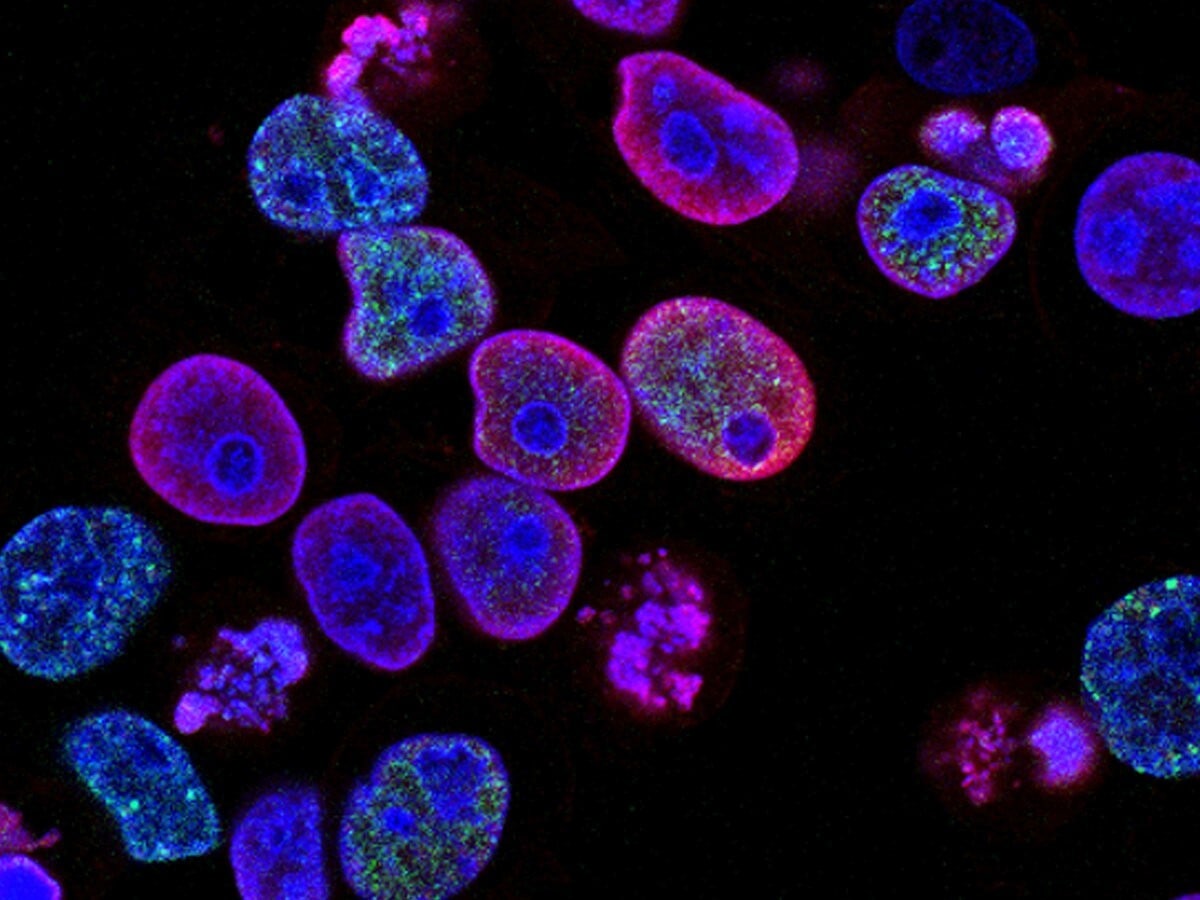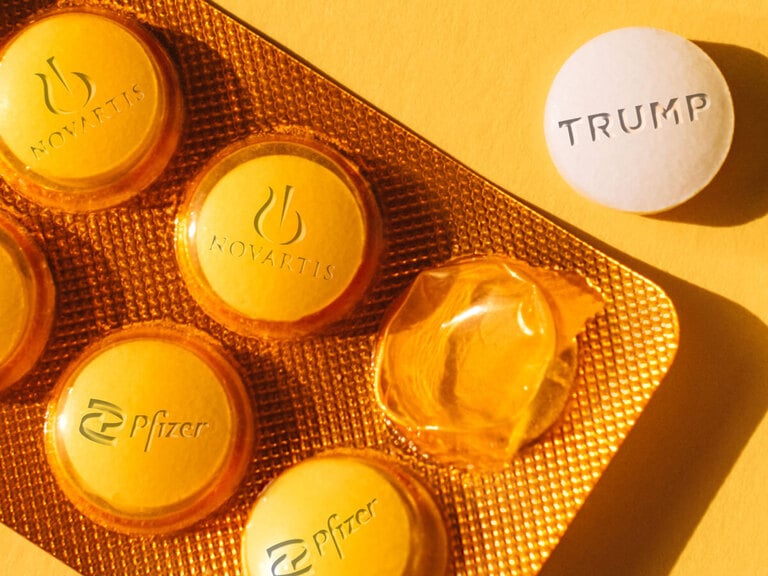The arrival of the omicron variant of COVID-19 has highlighted the continued need for biotechnology firms to keep innovating in order to combat both present and future diseases. It could also see the iShares Biotechnology ETF [IBB] jump. Yet, US regulatory moves in pricing and capital raising for the sector are keeping the ETF’s appreciation in check for now.
The public, doctors and investors are looking to companies, such as drugs firm Moderna [MRNA] to tweak their existing vaccines or come up with new treatments to fight off the omicron variant, which threatens to send societies back into lockdown.
Industry Growth
A recent report from Research and Markets found that the Global Biotechnology Market was worth $627.63bn in 2020, and is expected to grow at a compound annual growth rate of 8.57% between then and 2026. It said COVID-19 had increased the demand for biotech products such as vaccines, diagnostic tests and drugs. It was not only the health sector needing innovation, however, with other end-use sectors including food and agriculture.
The report added that advancements in AI and Big Data Analytics in biotech would create more opportunities in the future.
North America is the dominant region and is expected to continue that market leadership, due to high healthcare and R&D spending.
Unwell Share Price
Despite this increase in demand over the last 12 months, the iShares Biotechnology ETF’s share price has had a volatile time. It shot up 16% from near $150 to $175 between the start of January and mid-February as COVID wreaked havoc in the winter, but then dropped by the same amount in mid-May as the world began to re-open. New variants, booster jabs and the roll-out of vaccines amongst young people lifted it back up to $175 in September, but it has since fallen back to $151 again.
The iShares Biotechnology ETF, which was launched in 2001, tracks the investment results of an index composed of US-listed equities in the biotechnology sector.
It has a year-to-date total daily return of 1.15%, according to Yahoo Finance, and net assets of $9.7bn. That compares unfavourably to a 13.49% return and $555.9m in assets at the VanEck Vectors Biotech ETF [BBH].
$9.7billion
Valuation of the iShares Biotechnology ETF's net assets
IBB
The IBB has 265 holdings; Amgen [AGMN] has the biggest weighting with 8.43%, followed by COVID vaccine maker Moderna with 7.65%, Gilead Sciences [GILD] with 7.47% and Regeneron Pharmaceuticals [REGN] with 5.57%.
Shares in Moderna have surged 176% over the last 12 months, thanks to the success of the vaccine rollout. There are also hopes that Moderna will have a booster shot ready for the omicron variant by Spring next year, and is working on a new vaccine to provide protection against four variants.
Moderna is also trialling vaccines in other areas such as the prevention of birth defects caused by CMV as well as HIV and cancer.
Mettler Toledo
Shares in laboratory instrument maker Mettler Toledo [MTD] – which has a 2.99% weighting in the IBB – have roared 35.8% higher over the last 12 months. It recently reported an 18% increase in third-quarter sales with earnings up 24% helped by demand for lab scales and moisture analysers.
Shares in Regeneron Pharmaceuticals have been feeling 35% better over the last year, with third-quarter revenues up 51% to $3.45bn versus third quarter 2020, including $804m attributable to its COVID antibody treatment, REGEN-COV.
“Life sciences just generally as a sector is going to be one of the key sectors of the 21st century. This is one of those types of sectors that you simply cannot ignore. It’s going to be a core holding for any investor” - Boris Schlossberg
Risky Business
However, revealing the risky nature of investing in biotechs and their innovative, exciting but often unproven treatments, Regeneron has recently warned that omicron could hamper the ability of REGEN-COV to tackle Covid.
Despite this, the company has high hopes for pipeline treatments for diseases such as cancer and chronic asthma.
These three stocks could continue to help the IBB power forward into what might be a healthy future.
BK Asset Management’s managing director of FX strategy, Boris Schlossberg, recently told CNBC: “Life sciences just generally as a sector is going to be one of the key sectors of the 21st century. This is one of those types of sectors that you simply cannot ignore. It’s going to be a core holding for any investor,” he said. “I think in many ways life science is going to be more important than information technology into the greater half of the 21st century.”
Investors will drink – healthily of course – to that.
Disclaimer Past performance is not a reliable indicator of future results.
CMC Markets is an execution-only service provider. The material (whether or not it states any opinions) is for general information purposes only, and does not take into account your personal circumstances or objectives. Nothing in this material is (or should be considered to be) financial, investment or other advice on which reliance should be placed. No opinion given in the material constitutes a recommendation by CMC Markets or the author that any particular investment, security, transaction or investment strategy is suitable for any specific person.
The material has not been prepared in accordance with legal requirements designed to promote the independence of investment research. Although we are not specifically prevented from dealing before providing this material, we do not seek to take advantage of the material prior to its dissemination.
CMC Markets does not endorse or offer opinion on the trading strategies used by the author. Their trading strategies do not guarantee any return and CMC Markets shall not be held responsible for any loss that you may incur, either directly or indirectly, arising from any investment based on any information contained herein.
*Tax treatment depends on individual circumstances and can change or may differ in a jurisdiction other than the UK.
Continue reading for FREE
- Includes free newsletter updates, unsubscribe anytime. Privacy policy





